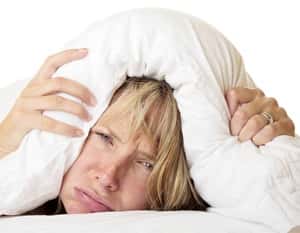
Most medications have expected results. And most of the time, people respond in predictable ways. But every so often, someone reacts quite differently.
With respect to diphenydramine (DPH), this paradoxical reaction has been documented and studied. One reader wondered what is known about it.
Q. Products such as Benadryl or Tylenol PM that many people use to help them sleep have the opposite effect on me, causing me to be wide awake.
Why is this? I do struggle with insomnia, but I prefer only natural remedies.
When I take a large dose of melatonin, 6 mg, I still wake up after three hours. Is it safe to double that dose?
A. Most people find that diphenhydramine (DPH), the ingredient in Benadryl and PM pain relievers, makes them drowsy. But some individuals, like you, react paradoxically to DPH and wake up when they take this normally sedating antihistamine.
How Does This Happen?
For decades the mechanism for this unexpected response was unknown. Then scientists discovered that some people process this drug very quickly and convert it to a compound that causes excitation in the brain (CNS Spectrums, Feb. 2008).
Melatonin is also metabolized by the same enzyme system (Pharmacogenetics, Mar. 2003), suggesting that it may not be your best choice as a sleep aid. You might need something that does not rely on these enzymes.
We are sending you our Guide to Getting a Good Night’s Sleep with our suggestions for dos and don’ts as well as herbal helpers, magnesium, acupressure and the timing of light exposure.

